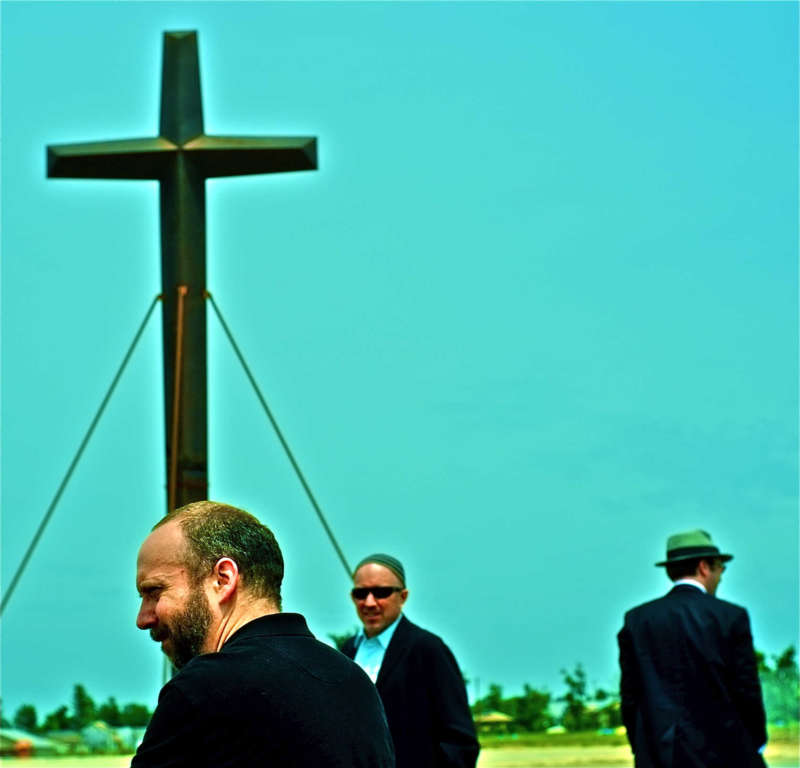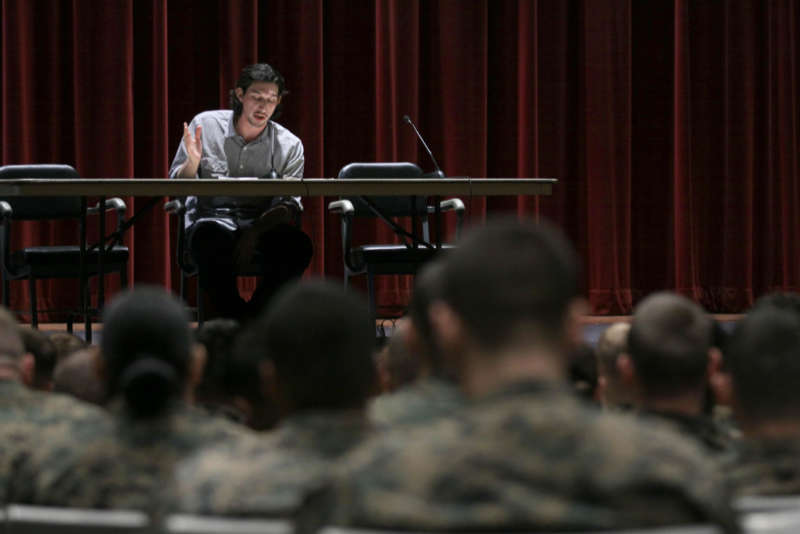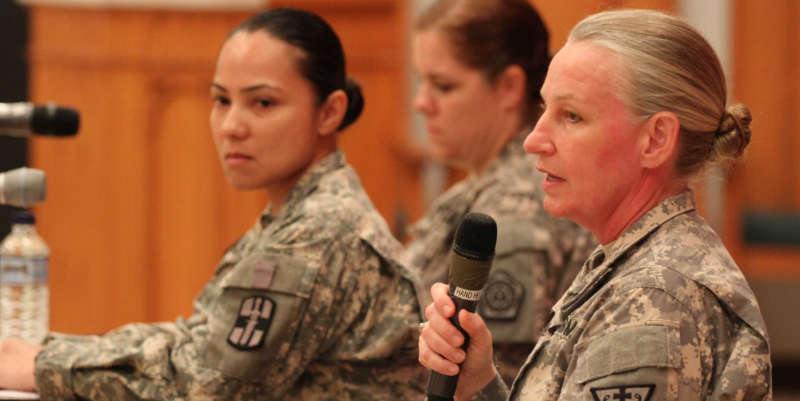Open to Public
Theater of Law: Schulte Roth & Zabel
Translated and Directed by Bryan Doerries
A Collaboration with The Forum on Law, Culture, & Society at NYU School of Law
Wed, Jun 28.2017
About the play
-
Eumenides by Aeschylus
Aeschylus’ Eumenides dramatizes the trial of Orestes, a young man who is tormented by the avenging Furies after killing his mother Clytemnestra in retaliation for his father Agamemnon’s death. Orestes seeks refuge in the temple of Apollo, who brings him to Athens and defends him before a jury of twelve Athenians. The goddess Athena hears arguments from both sides, including the forceful prosecution of the Furies, who maintain that the social order of the city will unravel if the matricide goes unpunished. Ultimately, after the jury is hung, Athena casts the deciding vote, acquitting Orestes of his crime and, after doing so, she must also find a way to appease the avenging Furies, so that their violent and destructive anger is not unleashed upon the city.
Explore Projects
-
 Natural DisasterBook of Job
Natural DisasterBook of JobThe Book of Job Project presents dramatic readings by acclaimed actors of The Book of Job as a catalyst for powerful, guided conversations about the impact of natural and manmade disasters upon individuals, families, and communities.
-
 Addiction & Substance AbuseRum and Vodka
Addiction & Substance AbuseRum and VodkaThis project presents a one-man Irish play about a 24-year-old whose life is coming apart, due to drinking, in order to provoke discussions about alcoholism and addiction within diverse communities.
-
 Consent & Sexual ViolenceTape
Consent & Sexual ViolenceTapeTape has been developed as a sexual assault awareness and prevention training program that uses dramatic readings of Stephen Belber’s 1999 play to ignite powerful discussions about consent, sexual assault, rape, and power dynamics.